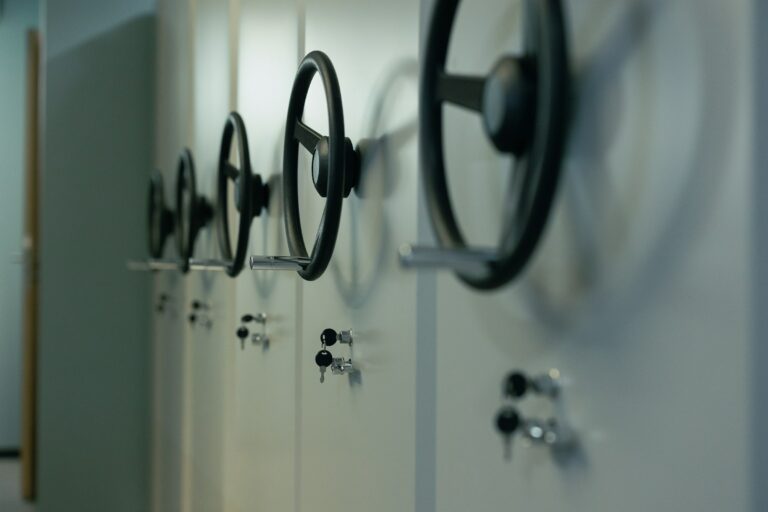
Problems Created When No Will Is Available
Ask any estate planning attorney how much material they have for a book, or a movie based on the drama they see from family squabbles when someone dies without a will. There’s plenty—but a legal requirement of confidentiality and professionalism keeps those stories from circulating as widely as they might. This may be why more people aren’t as aware as they should be of how badly things go for loved ones when there’s no will, or the will is improperly drafted.
Disputes range from one parent favoring one child or children engaged in fierce fighting over personal possessions when there’s no will specifying who should get what, or providing a system for distribution, according to a recent article titled “Estate planning: 68% of Americans lack a will” from New Orleans City Business.
People don’t consider estate planning as an urgent matter. The pace of life has become so hectic as to push estate planning appointments to the next week, and the next. They also don’t believe their estates have enough value to need to have a will, but without a will, a modest estate could evaporate far faster than if an estate plan were in place.
The number of people having a will has actually decreased in the last twenty years. A few sources report the number keeps dipping from 50% in 2005, 44% in 2016 and 32% in 2022. In 2020, more Americans searched the term “online will” than in any other time since 2011.
Younger people seem to be making changes. Before the pandemic, only 16% of Americans ages 18-34 had a will. Today caring.com reports 24% of these young adults have a will. Maybe they know something their elders don’t!
One thing to be considered when having a will drafted is the “no contest clause.” Anyone who challenges the will is immediately cut out of the will. While this may not deter the person who is bound and determined to fight, it presents a reason to think twice before engaging in litigation.
Many people don’t know they can include trust provisions in their wills to manage family inheritances. Trusts are not just for super wealthy families but are good planning tools used to protect assets. They are used to control distributions, including setting terms and conditions for when heirs receive bequests.
Today’s will must also address digital assets. The transfer and administration of digital assets includes emails, electronic access to bank accounts, retirement accounts, credit cards, cryptocurrency, reward program accounts, streaming services and more. Even if the executor has access to log-in information, they may be precluded from accessing digital accounts because of federal or state laws. Wills are evolving to address these concerns and plan for the practicalities of digital assets.
Reference: New Orleans City Business (Sep. 8, 2022) “Estate planning: 68% of Americans lack a will”

